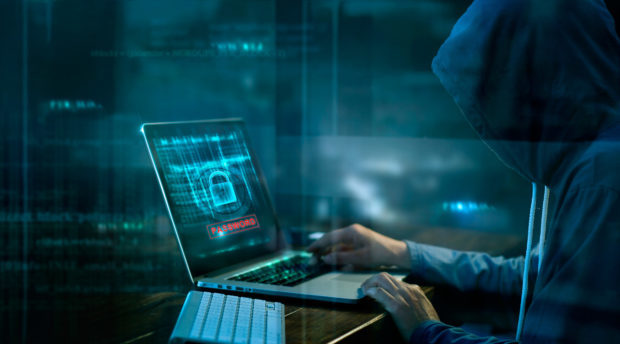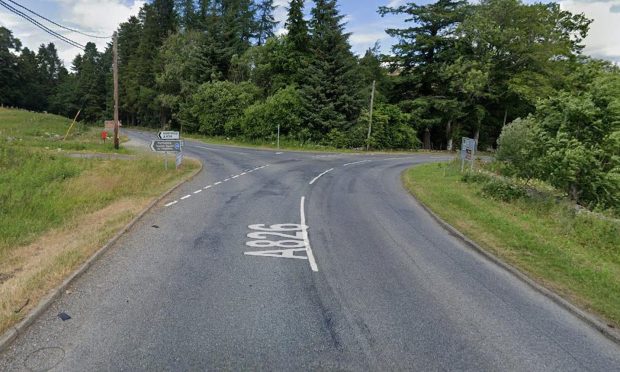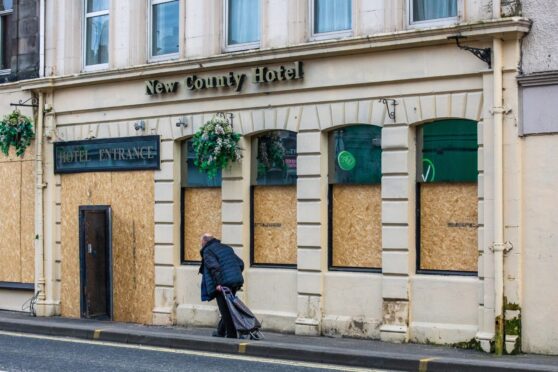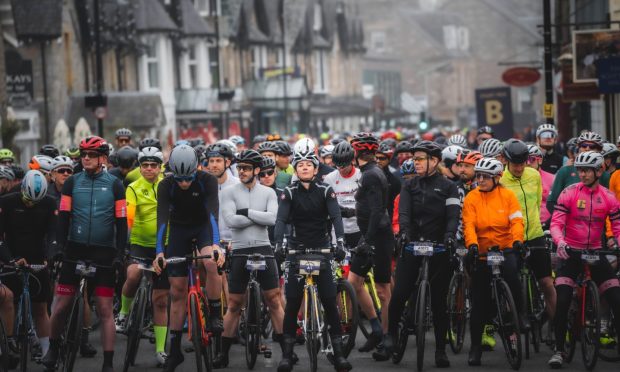Scores of holidaymakers found themselves thousands of pounds out of pocket this week, after they were tricked into buying fake flights from a fake firm.
Among the victims was the Perthshire travel company whose good name was stolen by the fraudsters, and used to offer bogus deals online.
It’s a timely reminder that we have to be extra vigilant when shopping on the internet.
There are a million-and-one reasons why buying face-to-face from respected high street retailers is a better idea than going online.
Using local firms supports our communities and helps economies to flourish.
But all too often, we’re suckered into thinking the convenience of online shopping outweighs all the other benefits of physically going out to the shops.
And it’s not just retail, we have to be extra careful whenever we venture online.
I signed up to Facebook, mainly because I found it such a chore going round my neighbours every night with photographs of my dinner.
But when we look at social media, we have to remember we are looking at a fake world.
A fake world operated by real people, but still a fake world. Like a video game.
And instead of getting points for blasting down space invaders, we spend our time accruing likes and followers. It’s a weird new kind of currency which, like money, is only as important as our collective imagination rules it.
We’ve reached a point where society just can’t function without the internet.
Just look at the chaos caused when one mobile firm’s data servers went down for a few hours last week. There was widespread panic and pandemonium. How do I know? I saw the comments on Twitter.
And that’s another thing we can thank social media for. We can’t have mundane thoughts any more.
The internet encourages users to post only extreme reactions, it’s the only way to get those precious likes. Is it any wonder we are all so divided?
Our central heating boiler broke down last week. I asked my teenager daughter what she would have preferred to break: the heating or the WiFi.
She didn’t hesitate.
So we’re stuck with being online and, given the ways that makes our days easier to navigate and a bit brighter, that’s probably a very good thing.
But we need to keep in mind, the internet is there to enhance or lives – not to run them.










